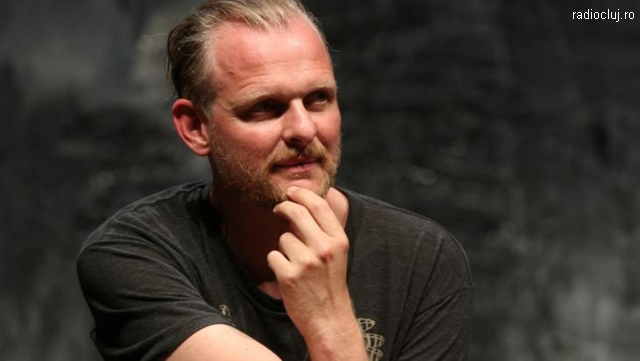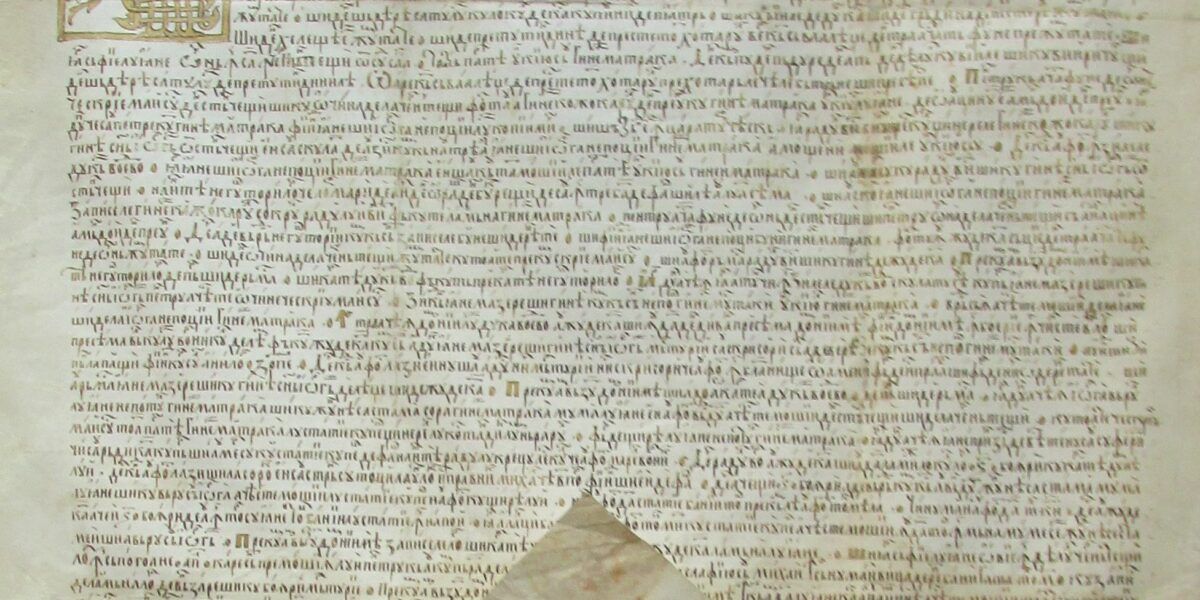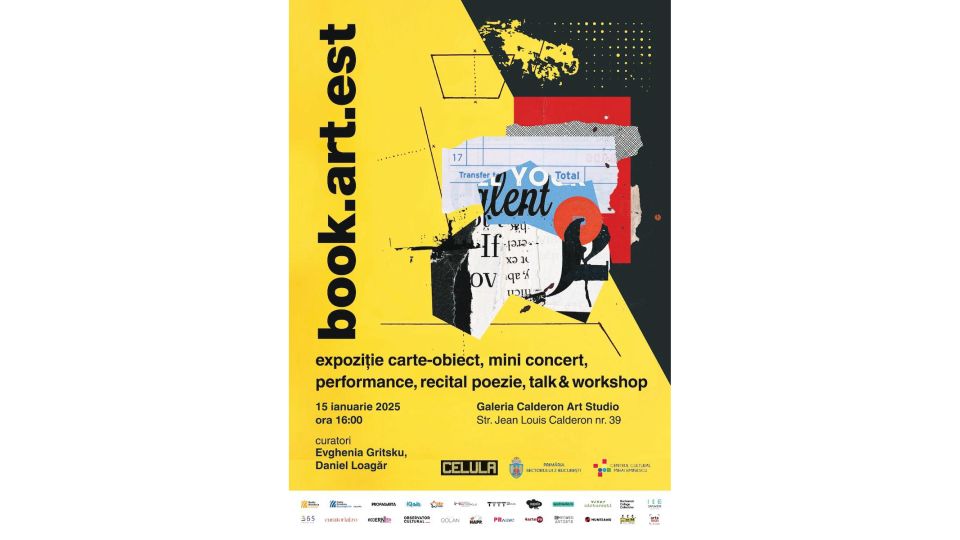Theatre director Thomas Ostermeier attends theatre festival in Romania
Berlins Schaubuhne Theatre staged Ibsens “An Enemy of the People, directed by Thomas Ostermeier.

Luana Pleşea, 20.12.2014, 13:19
On its first trip to Cluj, Berlin’s famous Schaubuhne Theatre staged a performance that was seen by many as the highlight of the Interferente International Theatre Festival hosted by this city: Henrik Ibsen’s “An Enemy of the People,” directed by Thomas Ostermeier. According to Tompa Gabor, the director of the festival and the head of the local Hungarian Theatre, there was no better place than Cluj to host this performance. Ibsen’s play is about a discovery that the source of drinking water in a spa town is polluted, the revelation of which may threaten the town’s main source of income, tourism. The dilemma arises of whether to make the truth public or not.
The performance was followed by a talk with the creators of the show entitled “Ibsen — our contemporary. Environment and capitalism: from An Enemy of the People to Rosia Montana”. During the event, Thomas Ostermeier talked about the changes he made to the play Ibsen wrote in 1882. The most important change was that the main protagonist, Dr Stockmann, and his wife, are now much younger, in their 30s, in order to shift the focus from political conflict to a psychological analysis of the younger generation.
Thomas Ostermeier: “I had a young couple and I put together the role of the daughter and that of the wife of Dr Stockmann in the original play of Ibsen. I put these two characters together in one character because, to be honest, the play is not one of Ibsen’s strongest plays. It’s a very banal play and I tried to make it a bit more difficult by bringing a bit more contradiction in the character of Katherine, the wife. So she is on the one hand solidary with her husband, but on the other hand she is also annoyed at a man who thinks he is the guy who brings the flame of truth to the society but who at the same time is treating his wife in a bad way. He is not sharing what he knows. He is not sharing his problems, he is not a good partner at home. It was very important for me to also show the psychological side of the political activist: this younger brother having this inferiority complex towards his older brother, that’s why he’s active. So there’s also a psychological reason, not only a political reason for his being active. He also have a lot of changes in the last act of the performance: the very twisted way of the father blackmailing the young couple, of the mayor telling him ‘ok, if you go on I will bring you to court and I will tell that you are ruining the reputation of the company in order to have a profit because you are buying the shares of the company. This is something which is not in the original version of Ibsen but this is what we can see in a lot of countries in the world: if you have a political opponent you are not fighting him with political means but you are fighting him with criminal prosecution.”
The ending of Ostermeier’s performance is also completely different from that of Ibsen’s play. While in the latter case Dr Stockmann is a hero and the founder of a school, Ostermeier presents him with the alternative of choosing a better life and higher pay. According to the German director, this is a much more realistic option today. Ostermeier also said during the talk with the public that he is angry at the arrogance of the younger generation, his generation:
Thomas Ostermeier: “It’s a very ambivalent and very schizophrenic generation. On the one hand, we believe that our generation is much more enlightened concerning women’s rights, how we treat each other, how we work together, how we collaborate, and we also tend to believe that we are much more aware of ecology, that we care for nature, and so on. But at the same time, as a generation, we are responsible for the ecological holocaust. There will be a generation after us who will ask us why we didn’t do anything about this. It’s a very schizophrenic generation because we pretend we are much more advanced in our view of the world than our parents’ generation but on the other hand we don’t act politically, we don’t change anything politically. I wanted to talk about this, I wanted to talk about this generation who rides a bike to go to work in the morning, who is doing yoga, who is not smoking, who is leading a healthy life, who is caring about their children. To be a good father means not only to be at home and take care of the child but you also should provide your child with a better world, a world which is not completely poisoned. This is the schizophrenia of our generation as best shown in all the political movements we had recently, in all the failures of these political movements.”
Thomas Ostermeier does not see “An Enemy of the People” as a revolutionary manifesto, because he does not believe theatre can change anything and the role of theatre is not to start a revolution. Instead, he describes his show rather like a snapshot of the world we live in at the moment.






























